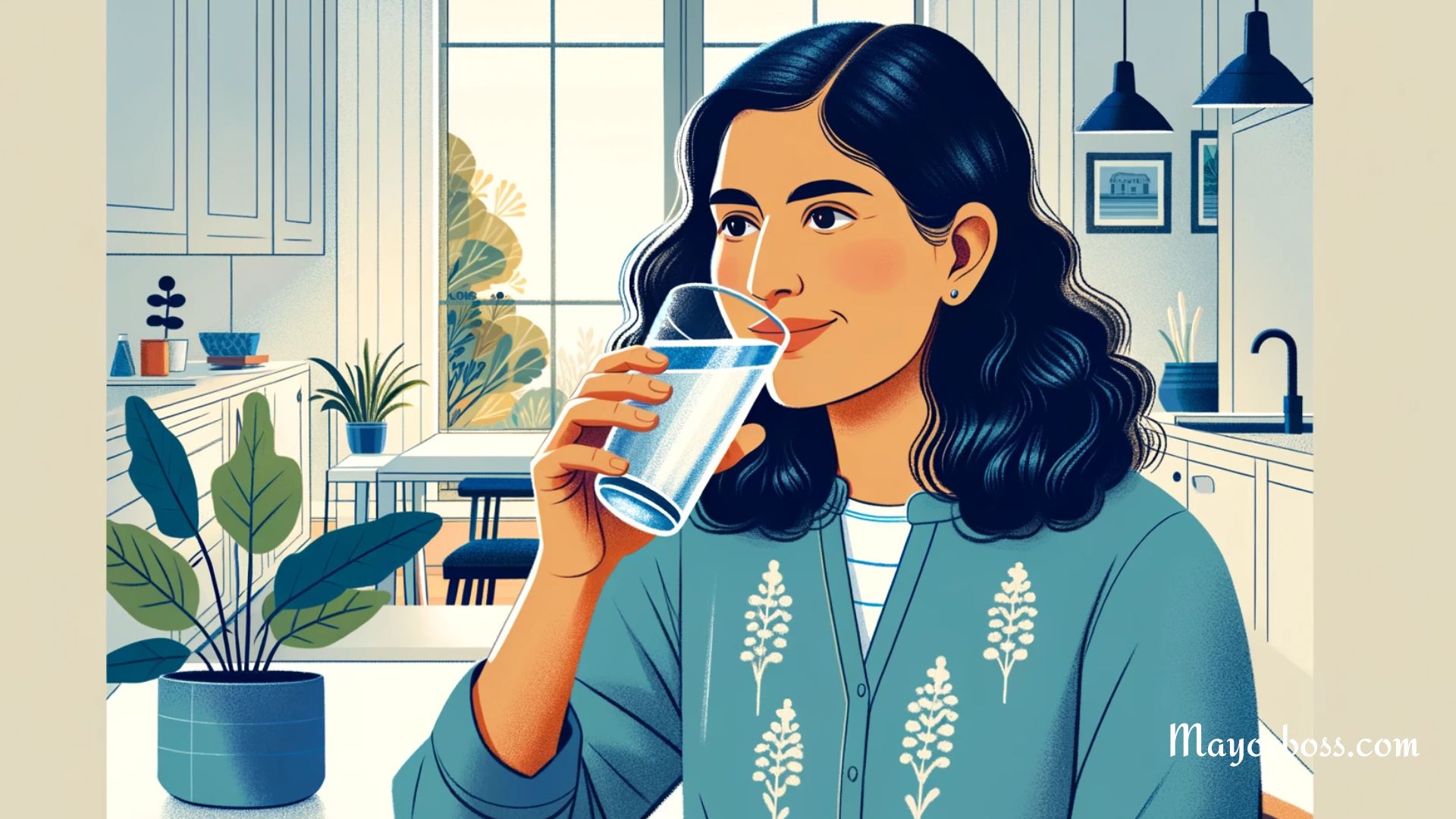You Can Stop The Hiccups Fast With This Cold Water Trick
Hiccups can be quite a nuisance, can’t they? They happen when your diaphragm, the muscle at the bottom of your chest, starts to spasm involuntarily. This causes you to take in a quick breath that is suddenly stopped by the closing of your vocal cords, creating the distinctive “hic” sound. But don’t worry, there’s a quick and easy trick involving cold water that can help you get rid of them fast.

Understanding Hiccups
Before diving into the cold water trick, it’s helpful to know a bit more about hiccups. They can be triggered by several factors, including eating too quickly, consuming spicy foods, or even feeling nervous or excited. Usually, hiccups are harmless and short-lived.
The Cold Water Trick
Now, for the exciting part: how to use cold water to stop hiccups. Here’s a simple method you can try:
Step 1: Get a Glass of Cold Water
Prepare a glass of cold water. The colder, the better, but make sure it’s not too cold to drink comfortably.
Step 2: Drink Slowly and Steadily
Drink the water slowly and continuously. You should aim to take small, steady sips without pausing for about 20 seconds. This method works best if you don’t rush.
Step 3: Breathe Calmly
While drinking, try to remain calm and breathe evenly. Panicking or breathing too quickly can make your diaphragm spasm more, which is exactly what you’re trying to avoid.
Why Does This Work?
You might be wondering why drinking cold water helps with hiccups. The cold temperature of the water likely helps by stimulating the vagus nerve. This nerve plays a crucial role in controlling the diaphragm. When you stimulate it, it can help reset your diaphragm’s rhythm, thus stopping the hiccups.
Additionally, the act of drinking water in a slow, steady manner can help relax the diaphragm and stop the spasms.
Other Tips to Keep in Mind
If the cold water trick doesn’t work for you, don’t worry. There are other methods you can try, like holding your breath for a few seconds, eating a teaspoon of sugar, or gently pulling on your tongue. Everyone is different, so what works for one person might not work for another.
Remember, while hiccups are generally harmless if they persist for more than 48 hours, it’s advisable to consult a doctor. Persistent hiccups could be a sign of an underlying medical condition.
So, next time hiccups strike, reach for that glass of cold water. It’s a simple, quick, and effective way to get rid of those pesky hiccups and get back to your day hiccup-free!
